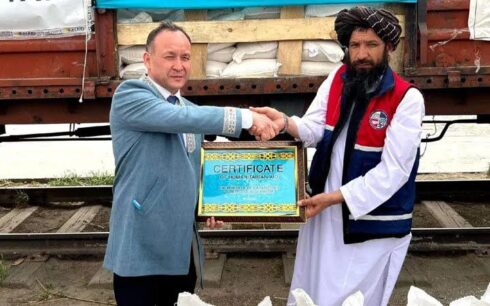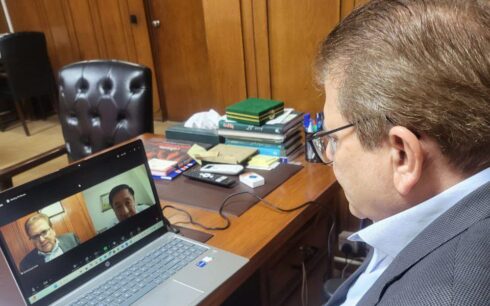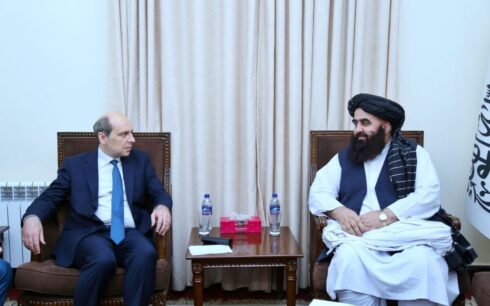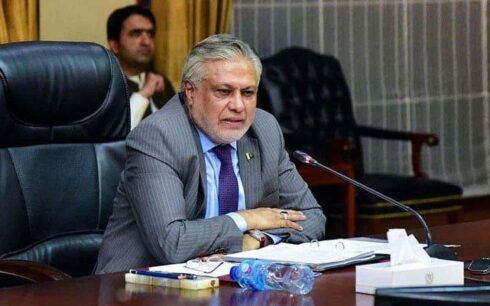The Committee to Protect Journalists (CPJ) condemned the Taliban’s recent ban on live political broadcasts in Afghanistan, saying the move marks a significant escalation in media censorship under the group’s rule.
In a statement released on Tuesday, the CPJ urged the Taliban to revoke their restrictions, which prohibit the airing of live political programs, criticism of the regime, and interviews with analysts not included on an approved list of 68 individuals.
Two Afghan journalists, who requested anonymity, told CPJ that the Taliban’s Ministry of Information and Culture had summoned media executives in Kabul and issued an unprecedented set of restrictions on press freedom. According to the journalists, the ministry instructed them to seek daily approval for political talk shows, including the proposed topics and participants. The programs must be pre-recorded and submitted for Taliban approval before broadcast.
The Taliban also ordered the removal of any content deemed critical of the group or contrary to its policies. Journalists planning to interview experts outside the Taliban’s pre-approved list are required to obtain special permission from the Ministry of Information. Failure to comply, the Taliban warned, would result in “legal action” against the media outlets.
“The Taliban must immediately reverse these harsh media restrictions and stop dragging Afghanistan back into the Dark Ages,” said CPJ’s Asia Program Coordinator, Beh Lih Yi. “These new rules represent the end of basic press freedoms in Afghanistan and attempt to turn the media into a tool for Taliban propaganda. This must be stopped.”
A journalist who spoke with CPJ added that the Taliban had already begun verbally ordering media outlets to stop broadcasting live content. At the same time, the Taliban distributed their list of 68 approved political figures to be invited to participate in political programs, including two women, according to information obtained by Amu TV.





